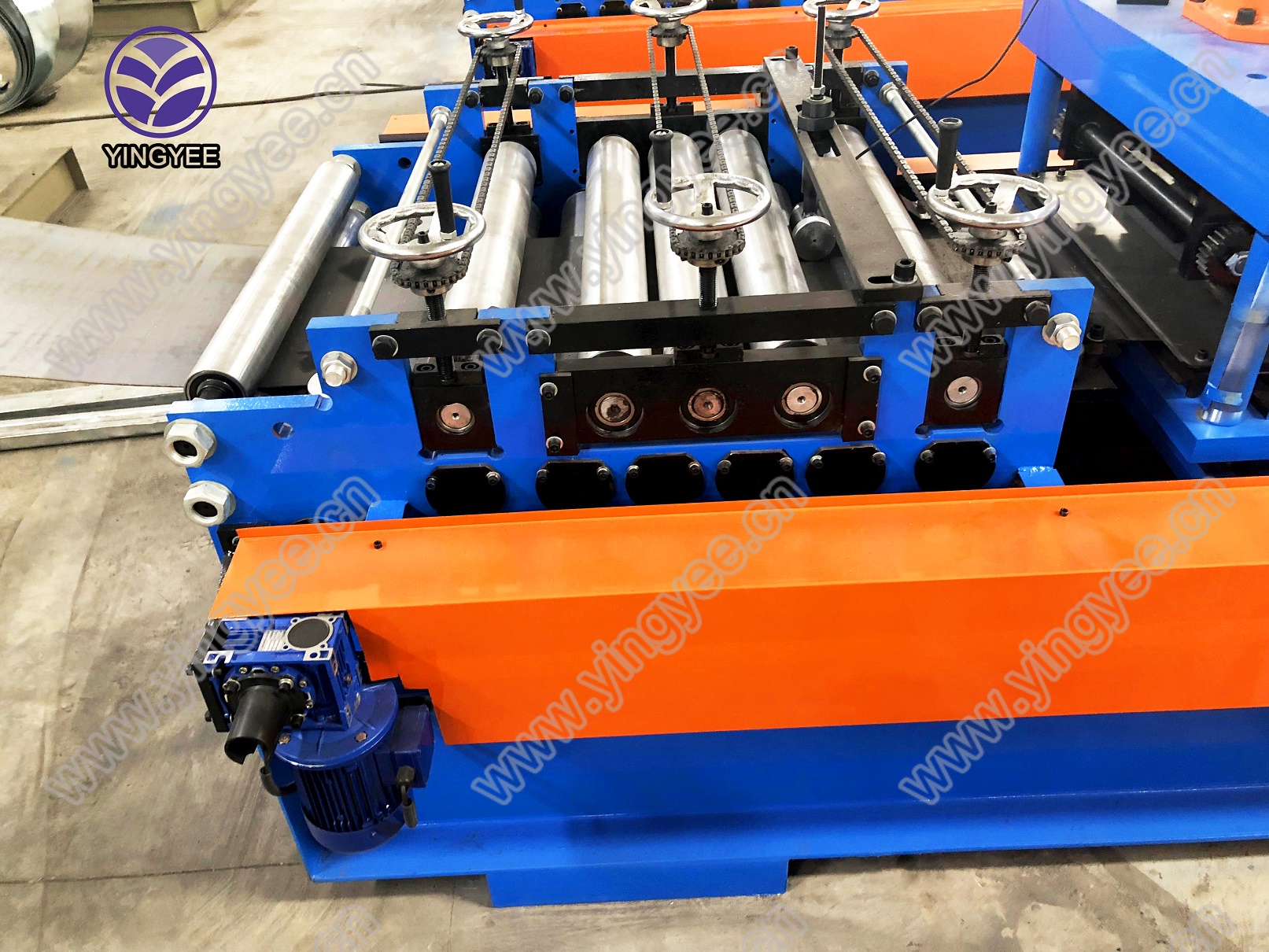
The Evolution and Importance of Galvanized Pipe Making Machines
In industries where durability and resistance to corrosion are paramount, galvanized pipes have become indispensable. Galvanization, the process of applying a protective zinc coating to steel or iron, enhances the material's lifespan and utility in various applications, including plumbing, construction, and automotive industries. As the demand for galvanized pipes continues to rise, the machines that produce these essential components—galvanized pipe making machines—have seen significant advancements.
What are Galvanized Pipe Making Machines?
Galvanized pipe making machines are specialized equipment designed to manufacture pipes that undergo a galvanization process to protect them from rust and deterioration. These machines typically feature several key components, including a steel tube mill, a galvanizing line, and a cooling system. The steel tube mill forms the raw steel into pipes, while the galvanizing line immerses these pipes in molten zinc or applies the zinc through other methods, ensuring a uniform coating. Finally, the cooling system helps solidify the zinc layer, ensuring durability.
The Process of Pipe Production
The production of galvanized pipes begins with the acquisition of raw steel coils. The coils are fed into the steel tube mill, where they are flattened, shaped, and welded to form a continuous pipe. This step is critical, as the integrity of the weld directly impacts the performance of the finished product. Once the pipes are formed, they undergo quality control checks to ensure they meet the required specifications.
Next, the pipes are sent to the galvanizing line. In the hot-dip galvanization process, pipes are cleaned to remove any contaminants that might interfere with the bonding of the zinc. They are then immersed in a vat of molten zinc at high temperatures, which allows the zinc to react with the iron in the steel, creating a robust barrier against corrosion. This galvanization process can vary based on the machine design, including variations such as continuous flow and batch processing systems.
After galvanization, the pipes are cooled and subjected to further inspections. This step ensures that the zinc coating is even and free from defects, confirming that the final product meets safety and quality standards. The entire process showcases the efficiency and precision of modern galvanized pipe making machines.

Advancements in Technology
The design and technology of galvanized pipe making machines have evolved significantly over the years. Automation and digitalization play a crucial role in increasing efficiency and reducing human error in the production process. Many modern machines are equipped with advanced sensors and control systems that allow for real-time monitoring and adjustments, ensuring optimal performance.
Additionally, manufacturers are focusing on sustainability and energy efficiency. Newer machines consume less power and reduce waste, aligning with global efforts to minimize environmental impact. Some manufacturers even employ closed-loop cooling systems, recycling water used during the cooling phase while minimizing water consumption.
The Market Demand
The market for galvanized pipes is expanding rapidly due to their application in various sectors. The construction industry, for example, increasingly utilizes galvanized pipes for structural frameworks, plumbing systems, and more, driven by their ability to withstand harsh weather conditions. In agriculture, these pipes are used for irrigation systems, where corrosion resistance is crucial.
Moreover, the automotive industry requires galvanized pipes for various components, ensuring longevity and reliability under adverse conditions. As countries continue to develop their infrastructure, the demand for galvanized pipes, and consequently the machines that produce them, will only grow.
Conclusion
Galvanized pipe making machines stand at the forefront of manufacturing technology within the construction and industrial sectors. Their evolution reflects a commitment to quality, efficiency, and sustainability. As industries continue to adopt galvanized pipes for their durability and corrosion resistance, it is evident that these machines will play a crucial role in meeting future demands. The ongoing advancements in technology will further enhance the production capabilities, ensuring that galvanized pipe making remains a vital component of modern manufacturing.